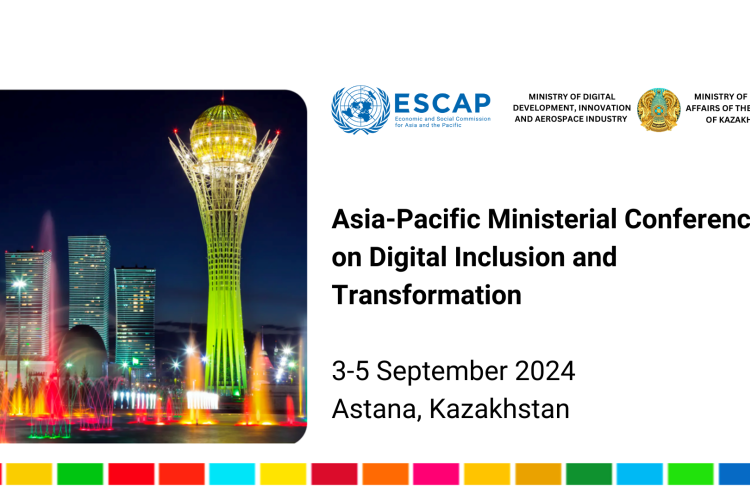Effect of Open International Gateways on the Broadband Connectivity Market
Information and communications technology (ICT) has been the driving force behind game-changing innovations and socioeconomic transformations, which are shaping our economy and society at multiple levels. Moreover, ICT has been increasingly recognized as an indispensable development enabler that contributes to and accelerates the achievement of the Sustainable Development Goals.
In particular, broadband infrastructure development has gained global attention for its unique role in promoting universal, sustainable, ubiquitous and meaningful access to ICTs and associated socioeconomic benefits. Despite the potential, however, the digital divide - measured by fixed broadband subscription - is evidenced as widening between developed and developing countries, in particular low-income countries in Asia and the Pacific.
Against this background, ESCAP has published a working paper that aims to examine the effect of open international gateways on broadband connectivity markets, for the ultimate objective of increasing affordability, availability and resilience of broadband networks in the region. International gateways provide access to international terrestrial, submarine and satellite systems and manage incoming and outgoing international voice and data traffic.
Considering the fact that international gateways establish interconnections between domestic and international networks and determine the affordability of broadband access, an enabling regulation on international gateways is an essential instrument in increasing broadband affordability and expanding access. International gateways also play a critical role in addressing potential bottlenecks in data traffic that can have significant repercussions on downstream national markets.
The working paper has been developed in support of the Asia-Pacific Information Superhighway (AP-IS), a regional broadband connectivity initiative. It aims to be a catalyst to develop seamless regional broadband networks, improve their affordability, reliance, resilience and coverage, and thereby narrow the broadband divide in the region.






